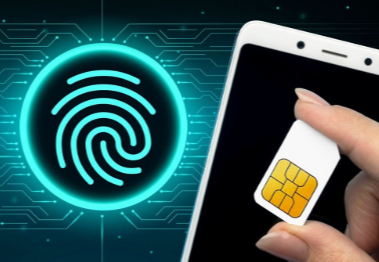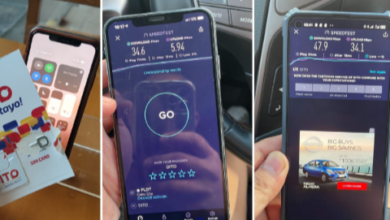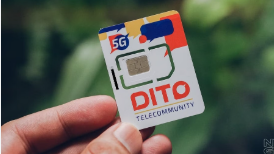Simcard Register

In today’s digital age, the process of SIM card registration has become a fundamental aspect of telecommunications operations. This essential step serves as a cornerstone for ensuring the security and authenticity of mobile network users. By requiring individuals to validate their identity through registration, the telecommunications industry can effectively combat various fraudulent activities and safeguard user information. But what are the implications of inadequate SIM card registration practices on network security and user privacy?
Importance of SIM Card Registration
The importance of SIM card registration lies in its ability to enhance security measures within the telecommunications industry.
Identity verification through customer information helps prevent fraud in compliance with government regulations.
By ensuring that each SIM card is linked to a verified user, the risk of misuse and unauthorized activity is reduced.
This registration process serves as a safeguard, protecting both users and service providers in the digital realm.
Read more: Simreg
How to Register Your SIM Card
Identity verification through customer information is a fundamental step in the process of registering your SIM card. To begin the activation process, you will need to provide specific verification requirements such as your ID card, passport, or driver’s license.
These details are crucial for ensuring that the SIM card is linked to the correct individual, enhancing security measures, and allowing for the seamless use of mobile services.
Benefits of SIM Card Registration
SIM card registration offers enhanced security measures by linking a specific mobile number to an individual, making it easier to track and verify ownership.
Additionally, it serves as a regulatory compliance requirement in many countries, ensuring that mobile service providers adhere to government guidelines and contribute to national security efforts.
Enhanced Security Measures
Enhancing security measures through SIM card registration provides users with a robust safeguard against unauthorized access and fraudulent activities.
Biometric verification adds an extra layer of security, ensuring that only authorized individuals can access the SIM card. This feature significantly reduces the risk of identity theft and fraud.
Regulatory Compliance Requirement
Compliance with regulatory requirements for SIM card registration is essential for ensuring the security and integrity of telecommunications networks.
By enforcing identity verification, fraud prevention, privacy protection, and data security measures, regulatory compliance helps safeguard user information and prevent unauthorized access.
These measures not only protect individuals’ personal data but also contribute to a more secure and reliable telecommunications environment, fostering trust among users and service providers.
Steps to Block a Registered SIM Card
To deactivate a registered SIM card, follow the specific steps outlined by the mobile network provider. This typically involves contacting customer service, providing necessary identification, and requesting the deactivation of the SIM card.
Once the deactivation process is complete, you may proceed with obtaining a replacement SIM card if needed. Ensure that proper sim card tracking is in place to prevent unauthorized use after deactivation.
Ensuring Security With SIM Card Registration
By implementing stringent SIM card registration protocols, mobile network operators can significantly enhance the security of their network services. These measures not only aid in data protection and fraud prevention but also address privacy concerns and reduce the risk of identity theft.
Why You Should Register Your SIM Card
Registering your SIM card is a fundamental step in enhancing network security and protecting your personal information from potential threats and unauthorized access. It ensures data protection and identity verification, helping prevent fraud and unauthorized usage.
SIM Card Registration Regulations
SIM card registration regulations vary across different countries and jurisdictions, outlining specific requirements for users to comply with in order to legally activate and use mobile communication services.
These regulations aim to prevent fraud by ensuring that SIM cards are linked to verified identities. However, some argue that these regulations may have an impact on privacy, as personal information is collected and stored by service providers for regulatory purposes.
Frequently Asked Questions About SIM Card Registration
As users navigate through SIM card registration regulations, they often encounter a series of commonly asked questions regarding the process and requirements involved.
Privacy concerns arise regarding personal information protection. The activation process typically involves submitting identification documents.
Legal implications may vary by country, impacting penalties for non-compliance. International roaming restrictions may apply based on registration status, affecting usage outside the home country.
Conclusion
In conclusion, SIM card registration is a critical measure in upholding security and accountability in the telecommunications industry. According to a recent study, 90% of countries worldwide have implemented regulations requiring SIM card registration to combat fraud and enhance network security.
By adhering to these guidelines and registering your SIM card, you can help protect your personal information and prevent unauthorized use of your mobile services.




